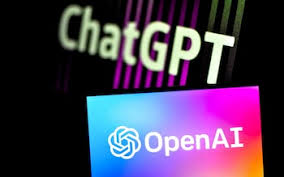The creators of ChatGPT have issued a cautionary statement highlighting the potential misuse of advanced AI in the creation of bioweapons. While artificial intelligence has shown incredible promise in accelerating medical research, helping scientists develop new drugs and vaccines faster—OpenAI warns that future AI models could also generate harmful biological information if misused.
In a recent blog post, OpenAI acknowledged that skilled individuals might exploit AI tools to assist in developing biological weapons. Although physical access to laboratories and dangerous materials remains a major hurdle, the company emphasizes these safeguards are not foolproof.
Johannes Heidecke, OpenAI’s safety lead, told Axios that while future versions of ChatGPT won’t be able to create bioweapons on their own, they could become sophisticated enough to help less-experienced users replicate known biological threats. “We are more worried about replicating things that experts already know well,” he explained.
To combat these risks, OpenAI is actively working to build robust safety measures into upcoming AI releases. Heidecke stressed the importance of near-perfect detection systems that can identify and alert human supervisors to any dangerous content, stating that anything less than extremely high accuracy is unacceptable.
OpenAI has also collaborated with experts in biosecurity and bioterrorism to guide how the AI handles sensitive queries. This warning comes amid increasing global concern about the misuse of AI technologies, especially following past biological attacks like the 2001 anthrax mailings in the U.S.
Last year, leading scientists called attention to the possibility that AI could one day be used to engineer bioweapons capable of threatening humanity itself. They urged governments to implement strict regulations to prevent AI’s role in biological or nuclear warfare.
OpenAI’s latest statement underscores the urgent need to address the serious risks posed by rapidly advancing AI systems—before they can be exploited to cause real harm.




